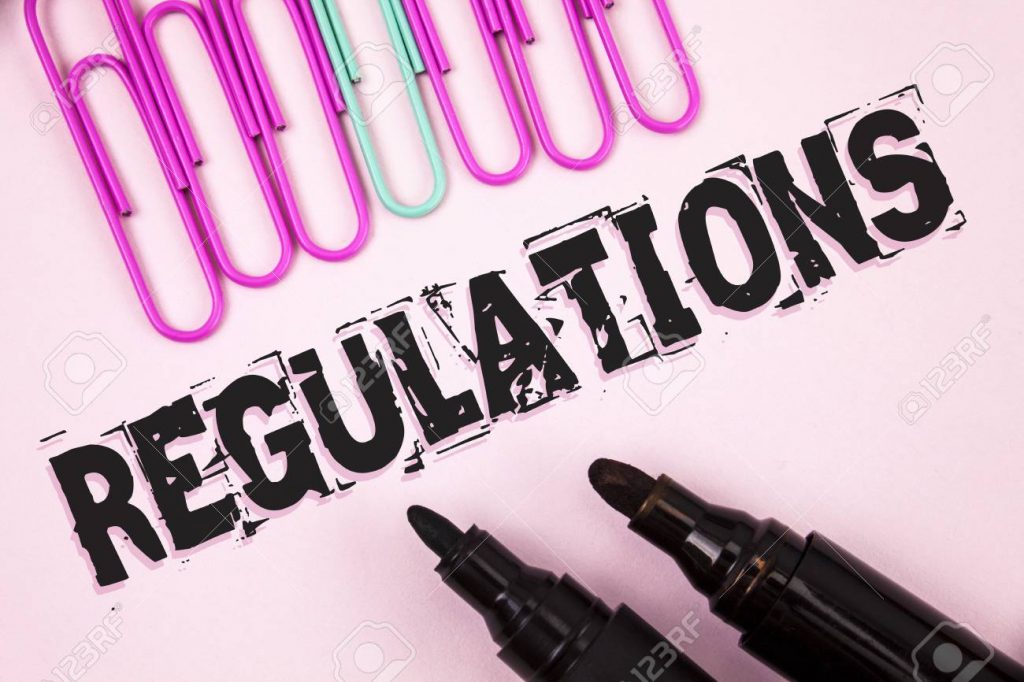The main regulatory framework for releasing cosmetic products onto the EU market (Regulation (EC) N° 1223/2009) has been updated. The regulation was originally put into place to ensure the safety of new cosmetic products and also streamline the process to allow all operators to work to the same guidelines.
Regulation (EC) N° 1223/2009 replaced Directive 76/768/EC to introduce recent changes, such as the ban of animal testing as well as new rules on the use of nanoparticles in cosmetics testing. The regulation also includes strengthened safety requirements, an introduction to the “responsible person”, centralisation of all cosmetic products placed on the market and reporting of serious undesirable effects (SUE). For more information on these changes, please visit the European Commission website.
Update to Regulation (EC) N° 1223/2009
Amendments to Annexes II and III of Regulation (EC) N° 1223/2009 have been made to state:
- Extracts and oils from Tagetes erecta should not be used in cosmetic products as no safe limits have been demonstrated, posing a potential risk to human health.
- Extracts and oils from Tagetes minuta and Tagetes patula can be used in leave-on products to a maximum concentration of 0.01%, but should not be used in sunscreen products and products marketed for exposure to natural/artificial UV light.
- A maximum concentration of 0.01% in ready to use preparation should be set for Tagetes minuta and Tagetes patula extracts and oils.
The above changes will take place from 1st May 2019. This will allow time for the industry to adapt to the new prohibitions and regulations. Failure to comply with the updated regulation will result in the product not being released onto the EU market.
To read the full article from the Commission Regulation (EU) 2018/978, please click here.
If you would like to discuss how Perfectus Biomed can support your cosmetic testing for the EU cosmetics regulation 1223/2009 then please contact us.

